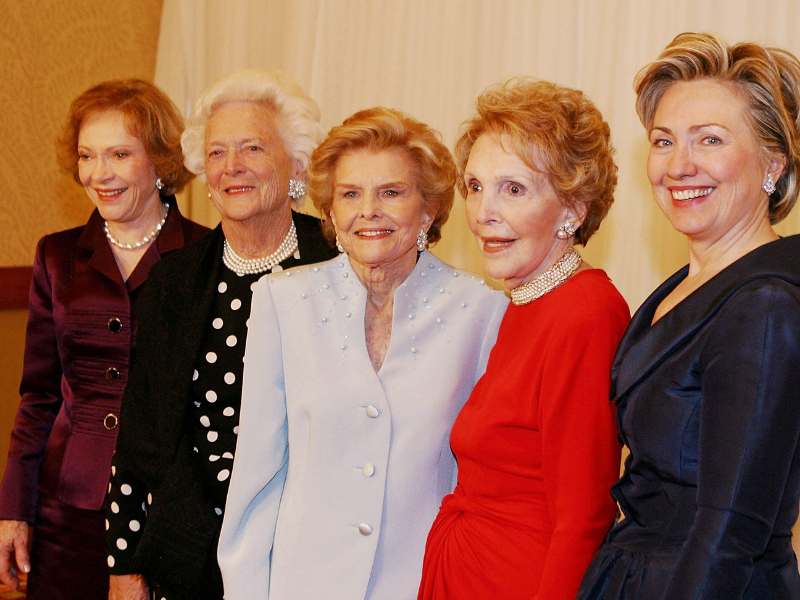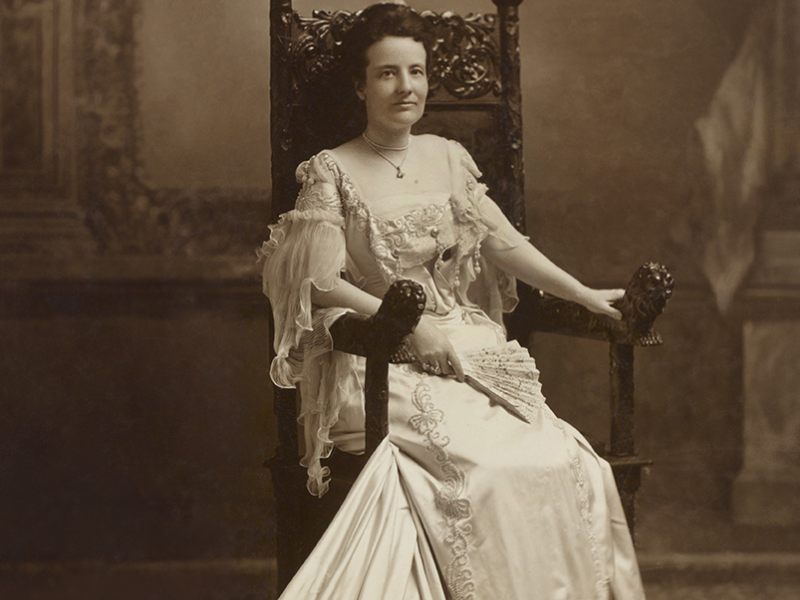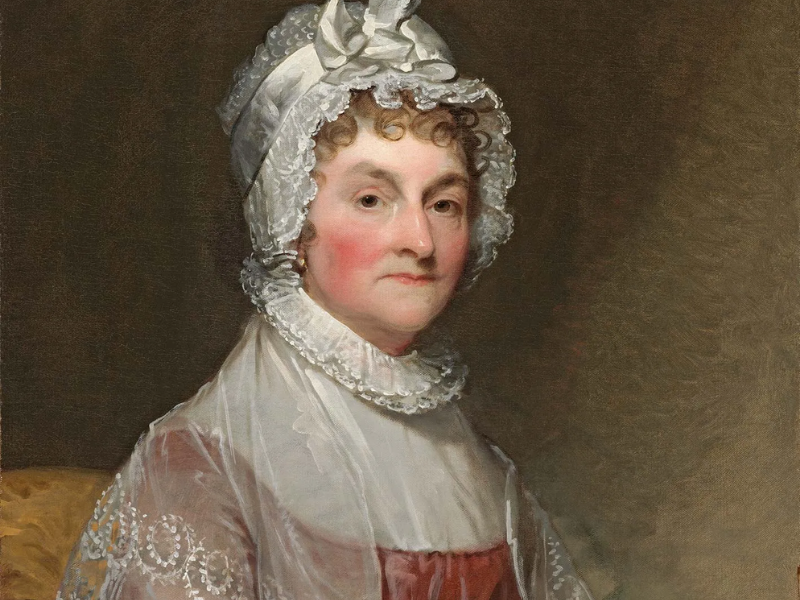These political campaigners, fashion icons, and stay-at-home mothers have sealed their place in American history. But where do they rank in terms of their political prowess and public image as First Lady?
From Mary Todd Lincoln to Jill Biden, each First Lady has taken the position and distinguished themselves as a hostess and famous figure in their own right, expanding it to include broader political aspirations or taking a more traditional path.
A variety of factors were considered, including background, dedication to the country, ethics, leadership, stewardship at the White House, accomplishments, courage, public image, and value to the president. Here are 20 well-known First ladies ranked best to worst.

Source: thoughtco.com
Eleanor Roosevelt
Eleanor Roosevelt may have “never wanted to be a president’s wife.” Still, her incredible activity has earned her the title of the most important first Lady in history. She grew up in a family that valued community involvement, explaining why she became such an outspoken campaigner. Before being engaged to Franklin Delano Roosevelt, she worked as a schoolteacher.
However, she was a frequent target of political opponents for her support of liberal causes, including civil rights, low-income housing, women’s equality, and youth unemployment. She didn’t shrink away from the spotlight like some of her counterparts.
She leveraged her position to organize weekly press briefings with female reporters. She also toured around the country, talked on the radio, and wrote for newspapers and publications.

source: stone-thrower.com
Abigail Adams
Abigail Adams was the wife and a mother of two presidents of the United States. As the First Lady married to John Adams, she advocated for women’s liberty and education. Abigail wrote to John when he drafted the Declaration of Independence, asking him to “consider the ladies.”
Abigail had a rigid routine as a First Lady, starting at five a.m. every day and participating in numerous political debates, which was unusual for a woman. She oversaw the family farm, supervised public events, and assisted in reviewing her husband’s speeches. She supported slavery abolition.
But she was not always popular among Americans. Rivals dubbed her “Mrs. President” because of her opinionated personality and power over her husband.

Source: britannica.com